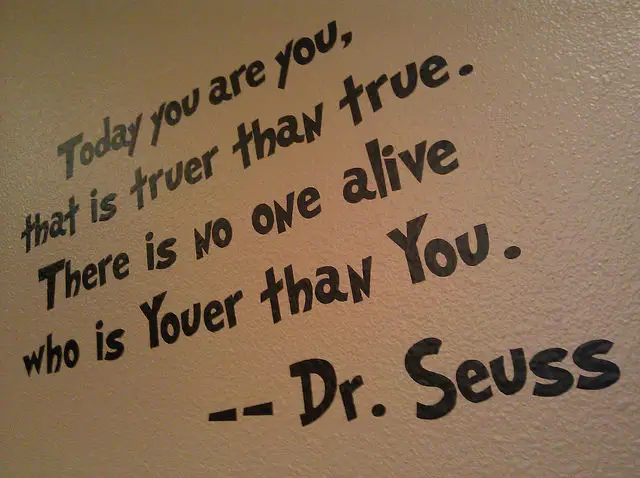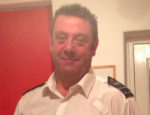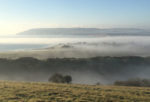Jonathan Dodd’s latest column. Guest opinion articles do not necessarily reflect the views of the publication. Ed
It’s amazing how resilient our minds are. We’re capable of surviving the most appalling experiences, and at the same time the smallest things can undo us. Anyone looking at a new-born baby knows immediately that this is simultaneously the toughest and most fragile thing we’ll ever come across, and at the other end of life there are those who grit their teeth and live far beyond anyone’s expectations, while others just seem to loosen their hold on life and drift away.
I have no explanation for any of this, because it’s one of the manifold mysteries about Life which I struggle with but reach no conclusion. Perhaps that’s the point. Not to find the answers to questions, but to ask questions to which we have no answer. Yet. Or to which there may not be answers.
Perhaps wizenedness would better describe it
There are people who don’t like questions. The thought of questions disturbs them, as it does everyone, and not everyone likes that sort of disturbance. I’m a Questioner, as anyone who reads these burblings regularly will know. This pathological need of mine to ask questions has given me more trouble in my life than anything else. And it doesn’t seem to show any signs of letting up.
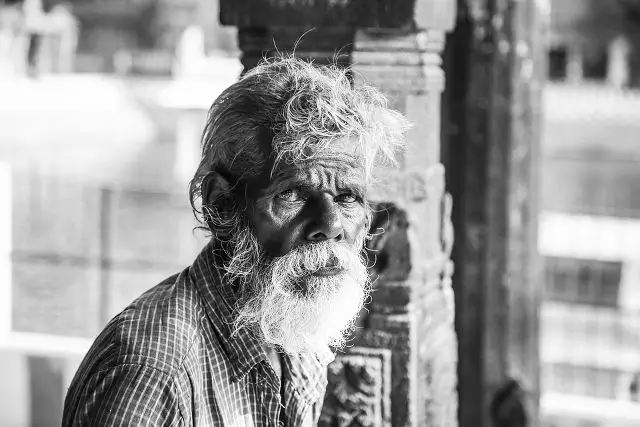
Now that I’ve reached a certain maturity, or perhaps wizenedness would better describe it, generally I attract less trouble than I used to. A boy who questions an adult is probably unaware of the difference between types of adult, and has painful experiences to get through before they learn to identify the signs. A fellow adult can’t be punished or insulted in the same way. In my extensive experience, the irritation of the questionee is my surest sign that I’m on to something.
I want to be a train driver!
I used to wonder what I should be when I grew up. This wasn’t something I thought of naturally, but every time I met an adult they would invariably ask the weirdest question – “What do you want to be when you grow up?” If I gave the obvious answer, which was – “I have no idea!” they always became puzzled, and started to look at me slightly sideways.
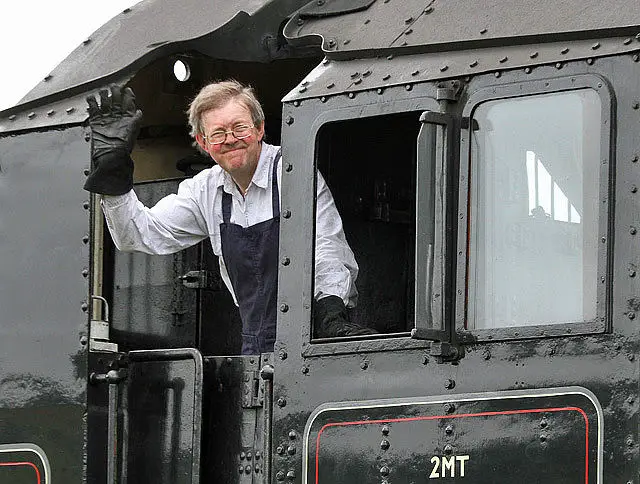
Apart from the obvious thing, which was that children exist in the present and have no idea about anything until they experience them, I find this a curious idea, because very few children who answer this question in an acceptable way actually end up doing that thing. In my day the most popular answer for boys was – “I want to be a train driver!” But there would never be enough jobs on the footplate for all of these keen boys.
A strong urge to label everyone as early as possible
I don’t know whether the same question was asked so relentlessly of little girls. I suspect that they would be expected to answer something like nurse or secretary, or even just mother and housewife. I didn’t have any sisters, so the subject didn’t come up so often. I think the question was asked partly because rather a lot of people back then were quite unable to have conversations with children in the first place, and because there was a strong urge to label everyone as early as possible.
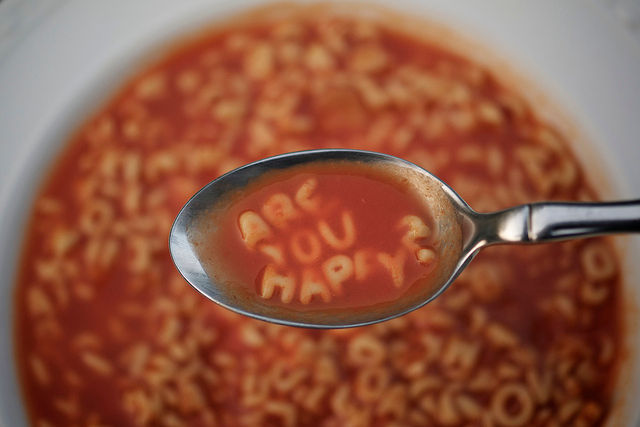
I have a theory that most people end up doing something that suits them in some fundamental way, but this isn’t something I’d state with confidence. There are a lot of ideas and things I feel are probably right, but they’re untestable, because they exist in areas that are vague and unexplorable. Questions like – “Are you happy?” are so difficult because everybody has a different idea of what happiness entails, and so many people will have a different answer for the outside world than for inside their own minds. And indeed, they might not know, or they might not think about it, or it might not even be important to them.
The depth and width of a person’s inner life
I am fascinated by this thought, perhaps more than anything else. How many people actually know themselves? And, even more importantly, how do we find out whether we’re conning ourselves, or that we’re not missing whole layers of ourselves? It’s a mystery all right. There are no ways we have yet devised to test these things. We have no checklist or plumb line or sonar for mapping the depth and width of a person’s inner life, let alone the content and complexity of anything that may lurk down there.

Our own inner lives are truly the final frontier, and the ultimate unknowableness of our selves. When we notice something about anyone or even ourselves, we tend to make a label and hang it round our necks. This person is honest. That person is clever. Over there is someone who’s artistic, and there’s someone who’s good with his hands. These labels work because there’s no better way of telling what someone’s like, but they don’t necessarily say anything about them, apart from the obvious.
Rarely the absolute truth and occasionally wrong
We’re constantly surprised by people behaving ‘out of character’, or when we find out something surprising that we wouldn’t have guessed about them. The judge who collects graffiti art, or the punk rocker who loves Bach, or the philosopher who’s a mad Tranmere Rovers fan, all surprise us and make us shake our heads. I’m just surprised that we should be surprised, and wonder what even more outrageous things could be found out about these same people. Or about anyone, among the teeming billions of individuals on the planet.
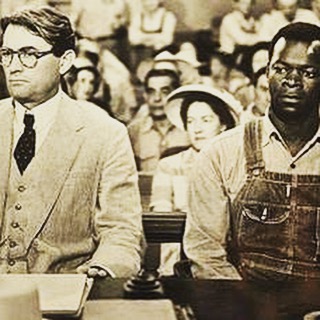
We do construct elaborate systems occasionally, to try to discover the truth or the whole story. Court cases and enquiries are designed to find out the truth, and a lot of very intelligent people spend a lot of time and trouble scrutinising all the evidence and coming to a conclusion, which is rarely the absolute truth and occasionally wrong, but it’s the best we can do. We could do with some better tools.
Do they actually know what they’re looking for?
I’ve experienced some of the attempts to shortcut the process in my time. They all work in some ways, and they’re all flawed. I remember one interview where I was given a questionnaire instead of sitting at a desk with a potential employer. The apparently random questions were supposed to establish a chart showing my personality. The trouble with that was that there’s no way of telling how accurate that chart is, and whether it’s in any way a full picture. And, crucially, do they know what they’re going to do with it? Is their idea of the perfect applicant in any way realistic? Do they actually know what they’re looking for?
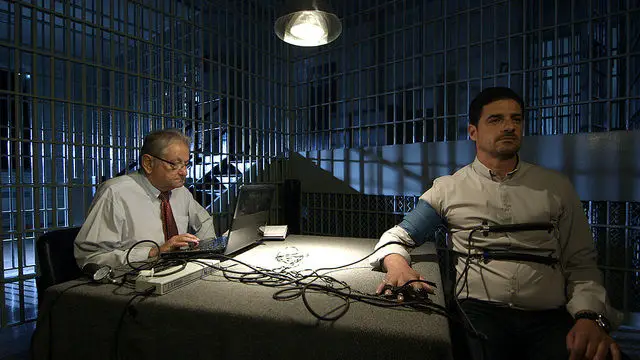
Apart from psychometrics, there are machines to establish whether someone’s telling the truth. This begs the question of what the truth is, or whether the subject believes something to be true or not. Sometimes the truth is defined via the prejudices of the person ordering or conducting the test. Most of the time we try to deal with this unknowability by cutting down the wood so we only need to look at a few trees. So we categorise people by class, or beliefs, or some vague internal scale that we can’t even describe, but we call a ‘feeling’ or an ‘instinct’.
Remembering or imagining while they answer your question
It may be that these instincts are more useful than any so-called scientific method that we know so far. I went on a course once that taught me to know when someone’s remembering or imagining while they answer your question. This is a better definition than ‘true’ or ‘false’, and there are other techniques available, but it still doesn’t get us any nearer to the exploration of the inner life.

Personally, I think I know myself better than most people I know. This is based on an assumption that may be completely wrong, and may indeed be smug and elitist. I’ve actually lived with myself for longer than anyone else has, and I’m constantly asking questions and poking around in there, with or without a flashlight. And I want to know.
To thine own self be true
There’s a phrase I picked up somewhere. “To thine own self be true.” It’s as good a mantra as I can find anywhere. I take it to mean a list of things. First, make an effort to find out who you are. Then, make an effort to think about life and everything and get yourself some principles that make sense. Then, apply these to any decisions you make or actions you are about to take. And, always, check constantly whether you’re heading in a direction that feels ‘right’ or ‘good’.

And, obviously, be prepared to be wrong, or foolish, or to find yourself making others angry with you, because doing the right thing is not always popular or easy. And change direction if you need to, after applying the above principles, and be ready to change direction as many times as you need to, or to keep going through thick and thin if you feel you’re doing the right thing.
We should keep our eyes open all the time
Some of us may be relieved that the world is reverting to the way it should be. Some of us think we have gone two steps back. There’s always trouble ahead, as well as the good stuff. We should keep our eyes open all the time. There’s never a time to relax our guard and close our eyes, so it should make no difference what’s happening out there. We should each be being true to our own selves.
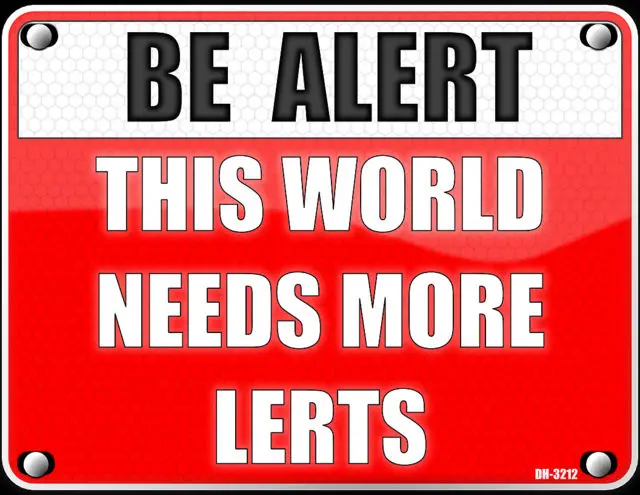
If you’re not familiar with your own self, or if the two of you are estranged, you could do worse that making “To thine own self be true” the first of your New Year Resolutions.
If you have been, thank you for reading this.
Image: brendan-c under CC BY 2.0
Image: pexels under CC BY 2.0
Image: Walter Baxter under CC BY 2.0
Image: nickharris1 under CC BY 2.0
Image: U.S. Navy photo by Mass Communication Specialist 1st Class N. Ross Taylor under CC BY 2.0
Image: markhillary under CC BY 2.0
Image: lwpkommunikacio under CC BY 2.0
Image: Rokus Cornelis under CC BY 2.0
Image: unsplash under CC BY 2.0
Image: clumsy_juggler under CC BY 2.0

